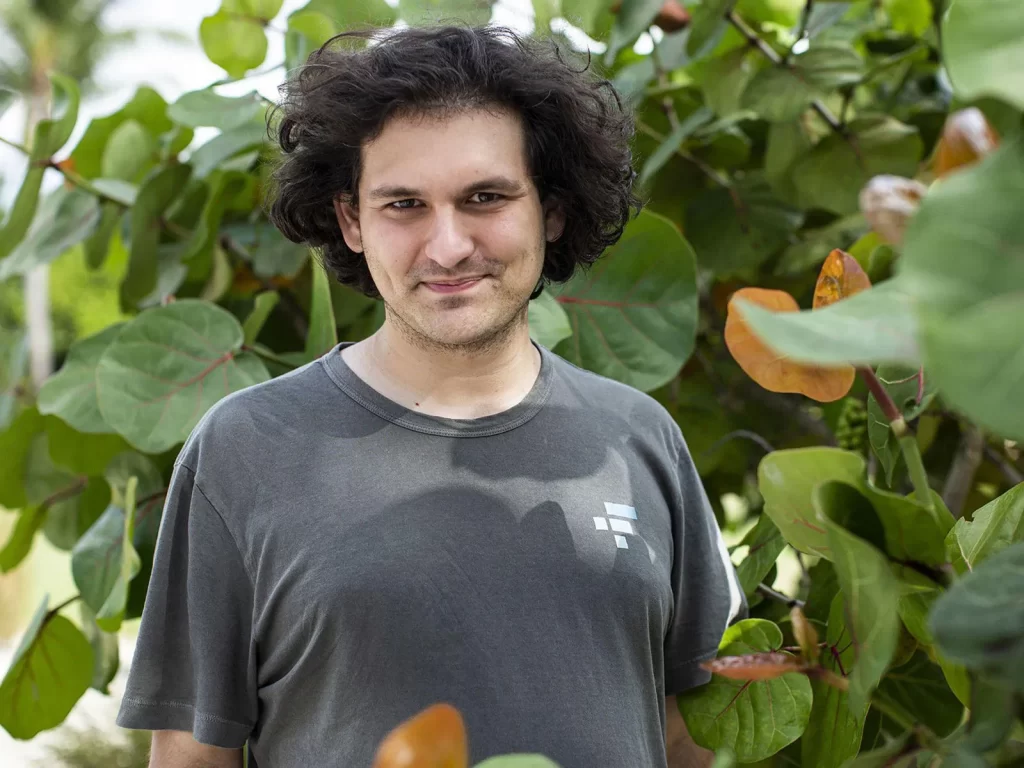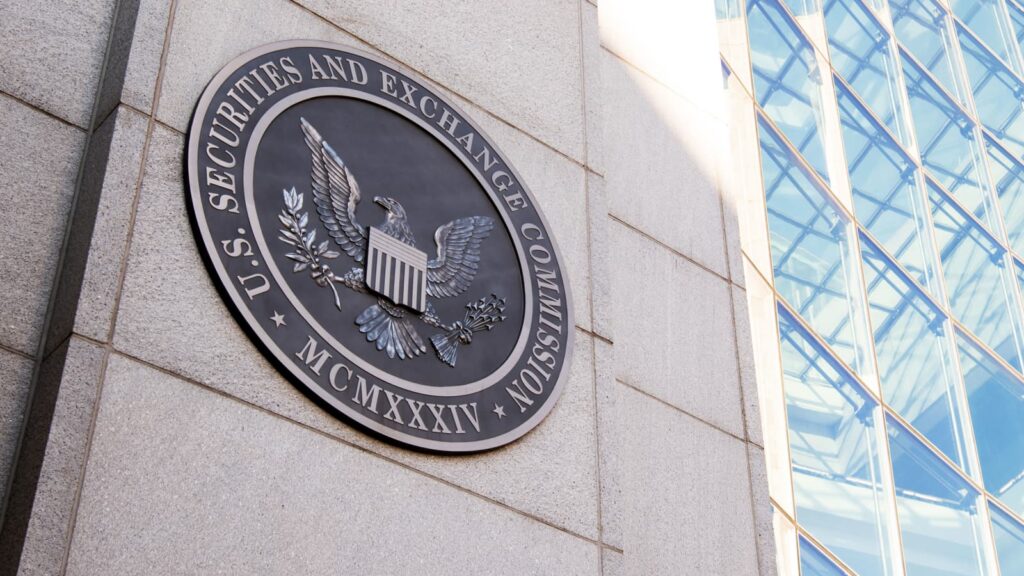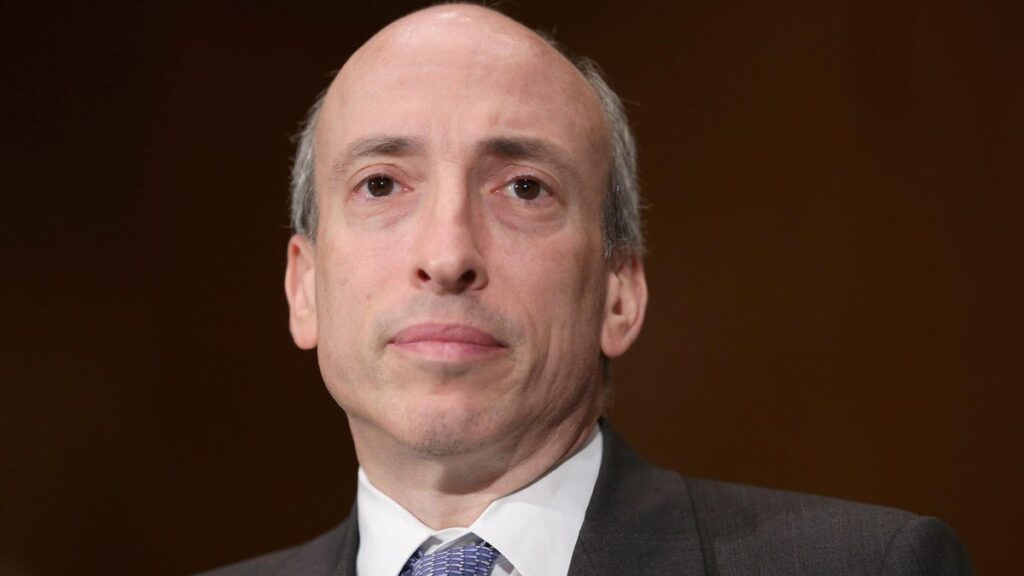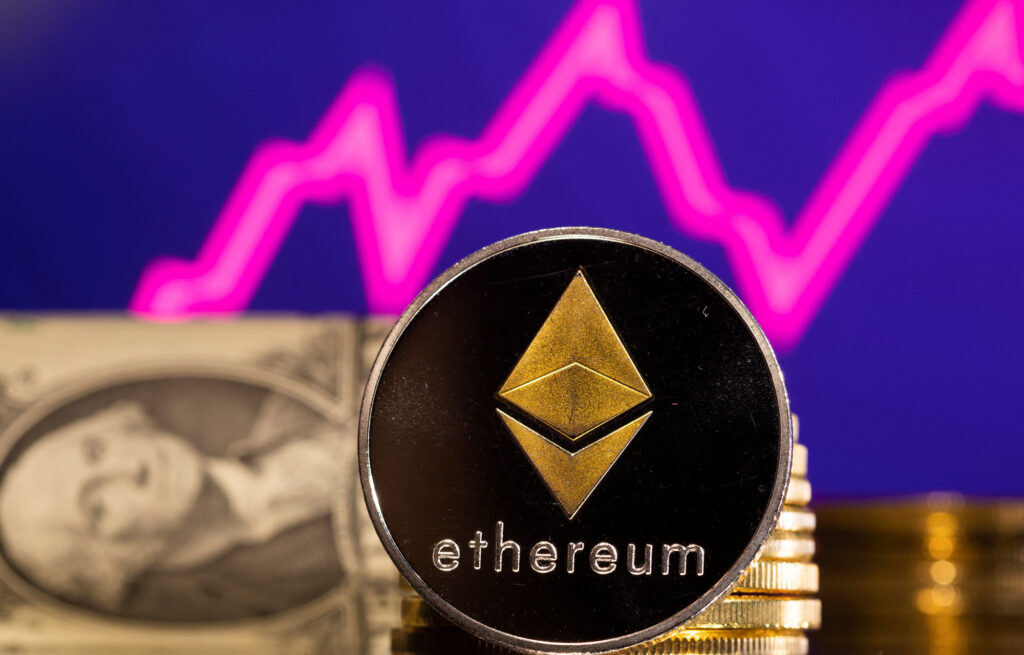Greeks.live, a cryptocurrency options trading platform, has cast doubt on the possibility of a significant price surge following the approval of a spot Bitcoin exchange-traded fund (ETF) by the U.S. regulator, the SEC.
The platform has analyzed data from its trading platform, revealing that despite widespread speculation about the SEC granting approval for the Bitcoin Spot ETF application in the near future, there has been minimal volatility in major term implied volatilities (IVs) and prices.
Term IV is a metric that measures the market’s expectations regarding future price movements in options contracts.
While the crypto market eagerly awaits the SEC’s decision, Greeks.live’s tweet pointed out the unexpectedly subdued market activity in response to the news.
Their options data showed that the implied volatility for Jan12 options, closely linked to the ETF, has actually decreased rather than rising.
Furthermore, the trading volume for these options accounted for only 2% of the day’s total turnover.
From these observations, Greeks.live has concluded that the market may have already factored in the potential approval of the spot Bitcoin ETF.
READ MORE: Avalanche Foundation Allocates $100 Million NFT Incubator Fund to Purchase Memecoins
Essentially, market participants might have anticipated this event and adjusted their positions accordingly, resulting in the actual approval having a limited impact on prices and volatility.
Several prominent asset managers, including BlackRock, Valkyrie, and Van Eck, submitted amended S-1 forms to the United States Securities and Exchange Commission on December 29, which was the final day for the SEC to consider such applications in January 2024.
Invesco Galaxy, Bitwise, WisdomTree, and Fidelity have also submitted their Form S-1 applications subsequently.
BlackRock’s updated filing has named Jane Street and JPMorgan Securities as “authorized participants” in their proposed spot Bitcoin ETF application.
BlackRock has already specified that it will utilize a cash-only model for the ETF.
Interestingly, BlackRock was the first entity to settle a trade on JPMorgan’s Tokenized Collateral Network service on October 11, highlighting the increasing collaboration and integration within the cryptocurrency ecosystem.








